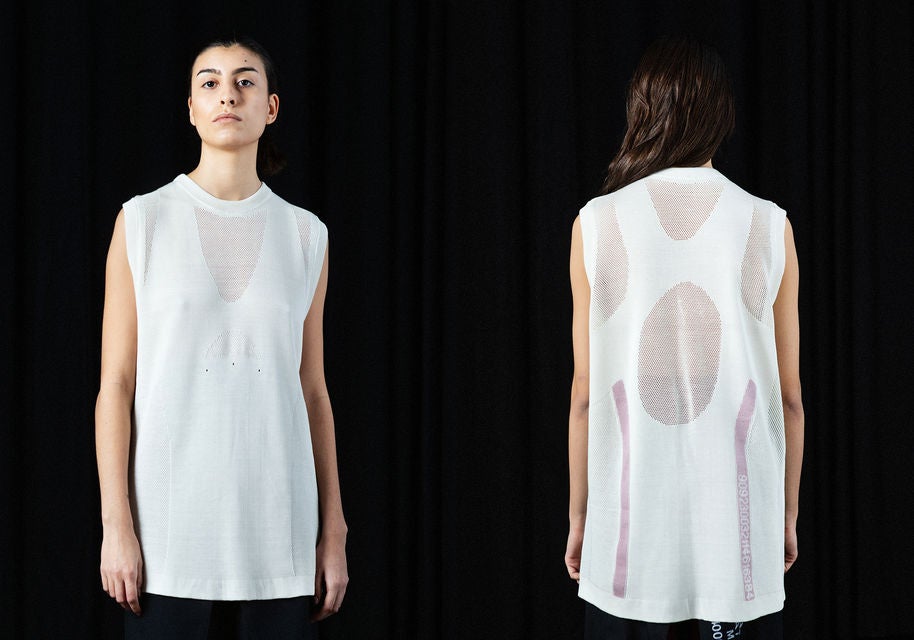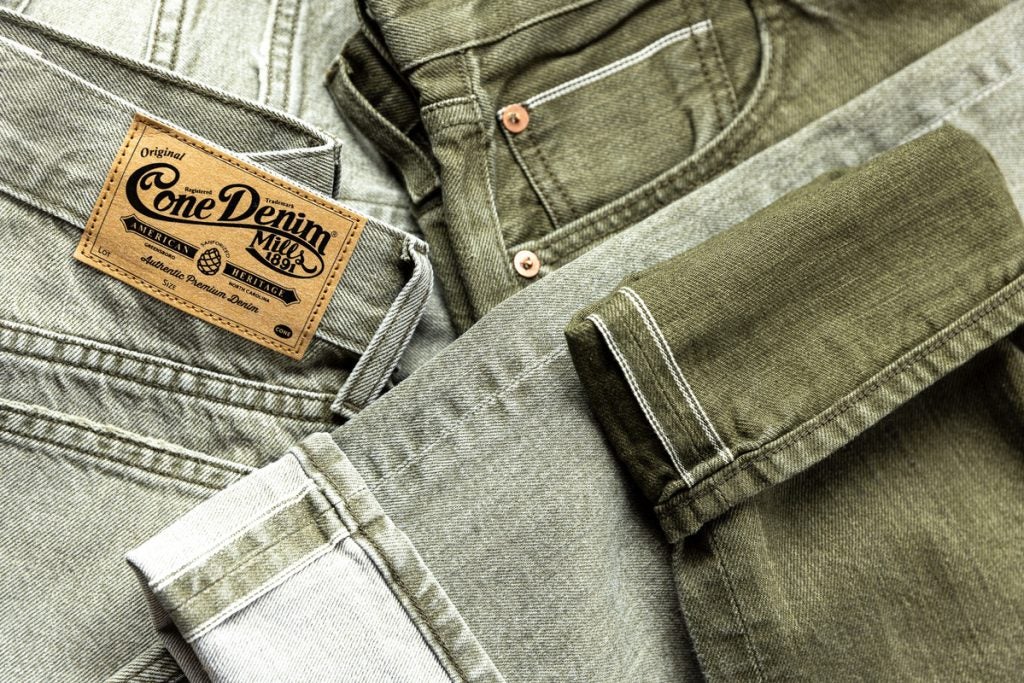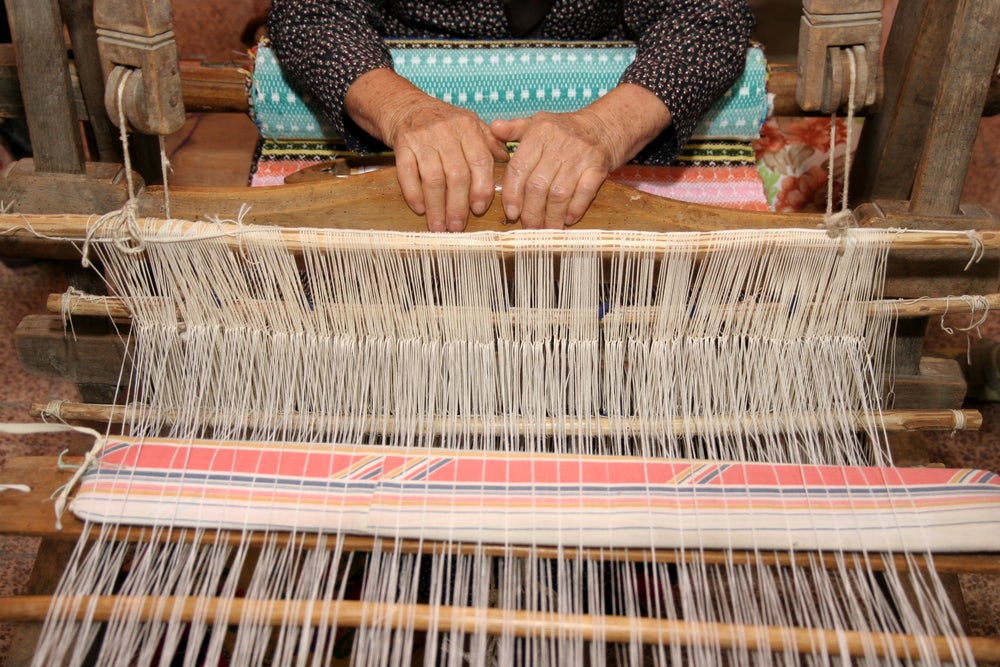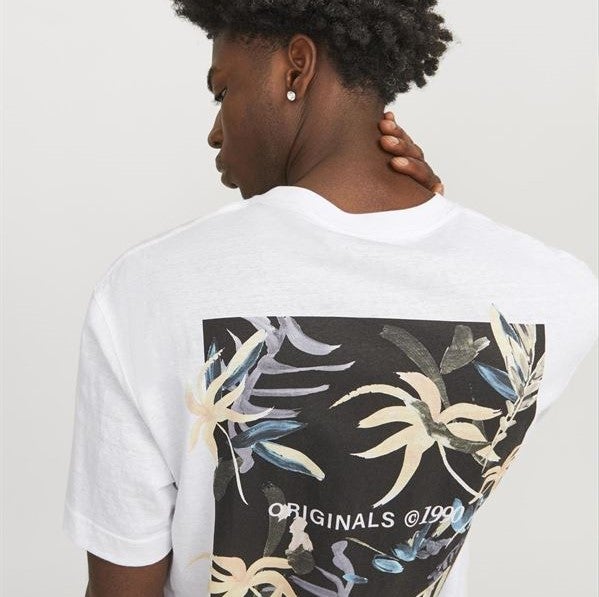
Developed by Aalto University and the University of Helsinki, the Ioncell process aims to change the way clothes are made by creating quality textile fibres from a range of raw materials, including wood, recycled newspaper or cardboard, and old cotton textiles. Unlike environmentally demanding cotton or viscose, Ioncell fibre is an ecological alternative that can also be recycled, the researchers say.
Launched on the Aalto University campus, the pilot production line will produce the innovative textile fibre and develop wood-based carbon fibres.
Until the pilot line came into use, the novel fibres were produced in a laboratory at a daily production rate of about 100 grams. The pilot line uses a continuous manufacturing process with an expected output of up to 10kg per day. According to Professor Herbert Sixta, who led the research, pilot production is on its way to meeting that target.
‘The continuous process is completely different from producing fibre in small batches,” he says. “We have improved our recycling methods to achieve an almost 100% recovery rate for the cellulose solvent used in the process in the laboratory, which we will also gradually achieve in the pilot plant. At the same time, solvent recovery will be integrated into the continuous fibre process to achieve a closed-loop operation.”
Marja Rissanen, a researcher in the Ioncell group, dyed a batch produced in the pilot line with a bio-based indigo produced by Natural Indigo from a flowering plant called woad, grown in Nivala, Finland. After dyeing, Rissanen spun the fibre into thread and tested its durability.
‘The tensile strength was clearly higher than that of cotton or viscose,’ she says.
How well do you really know your competitors?
Access the most comprehensive Company Profiles on the market, powered by GlobalData. Save hours of research. Gain competitive edge.

Thank you!
Your download email will arrive shortly
Not ready to buy yet? Download a free sample
We are confident about the unique quality of our Company Profiles. However, we want you to make the most beneficial decision for your business, so we offer a free sample that you can download by submitting the below form
By GlobalDataThe thread has also been knitted into fabric for use in a sportswear top designed by Aalto University alumna Kasia Gorniak and master’s student Elina Onkinen.
The process of establishing a company to commercialise the Ioncell method is said to be well underway, with the recruitment of a managing director in its final stages. The company will start operations in early 2022.
“Consumers and investors now have a keen interest in sustainable textiles, which makes this an ideal time to establish a spin-off company. By setting up Ioncell, we are responding to consumer expectations in the most efficient way possible,” says Janne Laine, vice president for innovation at Aalto University.
In the future, the pilot production line will also be used for other kinds of research. Professor Michael Hummel, for example, will use the line in efforts to develop wood-based carbon fibres as well as a replacement material for cellophane.
French President Emmanuel Macron received an Ioncell scarf made of old jeans when he visited Aalto University in August 2018.







